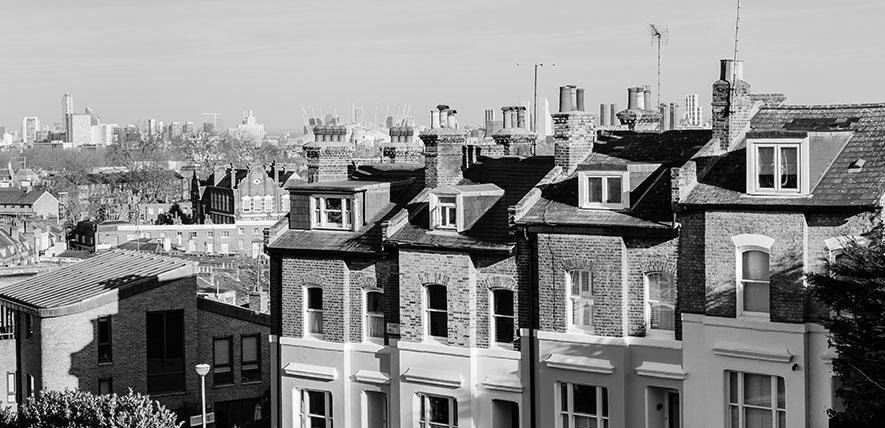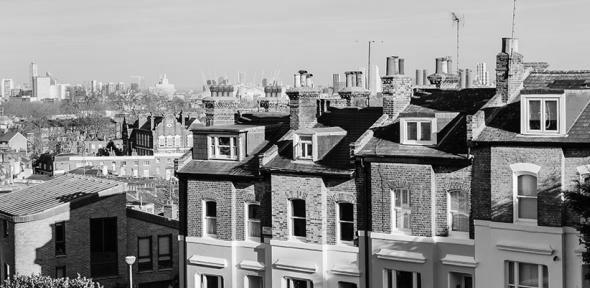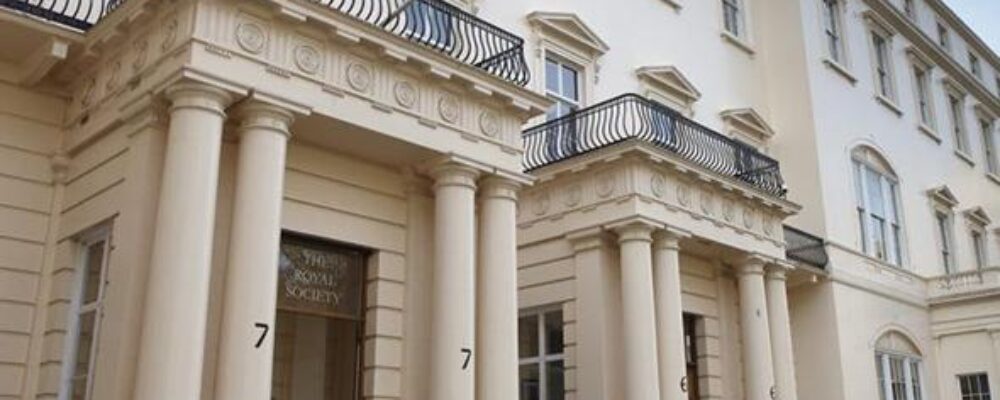
Latest research has revealed a “positive association” between the number of properties listed as Airbnb rentals and police-reported robberies and violent crimes in thousands of London neighbourhoods between 2015 and 2018.
In fact, the study led by the University of Cambridge suggests that a 10% increase in active Airbnb rentals in the city would correspond to an additional 1,000 robberies per year across London.*
Urban sociologists say the rapid pace at which crime rises in conjunction with new rentals suggests that the link is related more to opportunities for crime, rather than loss of cohesion within communities – although both are likely contributing factors.
“We tested for the most plausible alternative explanations, from changes in police patrols to tourist hotspots and even football matches,” said Dr Charles Lanfear from Cambridge’s Institute of Criminology, co-author of the study published today in the journal Criminology.
“Nothing changed the core finding that Airbnb rentals are related to higher crime rates in London neighbourhoods.”
“While Airbnb offers benefits to tourists and hosts in terms of ease and financial reward, there may be social consequences to turning large swathes of city neighbourhoods into hotels with little regulation,” Lanfear said.
Founded in 2008, Airbnb is a giant of the digital economy, with more than five million property hosts now active on the platform in some 100,000 cities worldwide.
However, concerns that Airbnb is contributing to unaffordable housing costs has led to a backlash among residents of cities such as Barcelona, and calls for greater regulation.
London is one of the most popular Airbnb markets in the world. An estimated 4.5 million guests stayed in a London Airbnb during the period covered by the study.
Lanfear and his University of Pennsylvania co-author Prof David Kirk used masses of data from AirDNA: a site that scrapes Airbnb to provide figures, trends and approximate geolocations for the short-term letting market.
They mapped AirDNA data from 13 calendar quarters (January 2015 to March 2018) onto “Lower Layer Super Output Areas”, or LSOAs.
These are designated areas of a few streets containing around two thousand residents, used primarily for UK census purposes. There are 4,835 LSOAs in London, and all were included in the study.
Crime statistics from the UK Home Office and Greater London Authority for six categories – robbery, burglary, theft, anti-social behaviour, any violence, and bodily harm – were then mapped onto LSOAs populated with AirDNA data.
The researchers analysed all forms of Airbnb lets, but found the link between active Airbnbs and crime is primarily down to entire properties for rent, rather than spare or shared rooms.
The association between active Airbnb rentals and crime was most significant for robbery and burglary, followed by theft and any violence. No link was found for anti-social behaviour and bodily harm.
On average across London, an additional Airbnb property was associated with a 2% increase in the robbery rate within an LSOA. This association was 1% for thefts, 0.9% for burglaries, and 0.5% for violence.
“While the potential criminogenic effect for each Airbnb rental is small, the accumulative effect of dozens in a neighbourhood, or tens of thousands across the city, is potentially huge,” Lanfear said.
He points out that London had an average of 53,000 active lettings in each calendar-quarter of the study period, and an average of 11 lettings per LSOA.
At its most extreme, one neighbourhood in Soho, an area famed for nightlife, had a high of 318 dedicated Airbnbs – some 30% of all households in the LSOA.
The data models suggest that a 3.2% increase in all types of Airbnb rentals per LSOA would correspond to a 1% increase in robberies city-wide: 325 additional robberies based on the figure of 32,500 recorded robberies in London in 2018.
Lanfear and Kirk extensively stress-tested the association between Airbnb listings and London crime rates.
This included factoring in “criminogenic variables” such as property prices, police stops, the regularity of police patrols, and even English Premier League football games (by both incorporating attendance into data modelling, and removing all LSOAs within a kilometre of major games).
The duo re-ran their data models excluding all the 259 LSOAs in central London’s Zone One, to see if the association was limited to high tourism areas with lots of Airbnb listings. The data models even incorporated the seasonal “ebb and flow” of London tourism. Nothing changed the overall trends.
Prior to crunching the numbers, the researchers speculated that any link might be down to Airbnbs affecting “collective efficacy”: the social cohesion within a community, combined with a willingness to intervene for the public good.
The study measured levels of ‘collective efficacy’ across the city using data from both the Metropolitan Police and the Mayor of London’s Office, who conduct surveys on public perceptions of criminal activity and the likely responses of their community.
Collective efficacy across London is not only consistently high, but did not explain the association between Airbnbs and crime in the data models.
Moreover, when Airbnb listings rise, the effect on crime is more immediate than one caused by a slow erosion of collective efficacy. “Crime seems to go up as soon as Airbnbs appear, and stays elevated for as long as they are active,” said Lanfear.
The researchers conclude it is likely driven by criminal opportunity. “A single Airbnb rental can create different types of criminal opportunity,” said Lanfear.
“An Airbnb rental can provide an easy potential victim such as a tourist unfamiliar with the area, or a property that is regularly vacant and so easier to burgle. A very temporary occupant may be more likely to cause criminal damage.”
“Offenders may learn to return to areas with more Airbnbs to find unguarded targets,” said Lanfear. “More dedicated Airbnb properties may mean fewer long-term residents with a personal stake in the area who are willing to report potential criminal activity.”
Airbnb has taken steps to prevent crime, including some background checks as well as requirements for extended bookings on occasions popular for one-night parties, such as New Year’s Eve. “The fact that we still find an increase in crime despite Airbnb’s efforts to curtail it reveals the severity of the predicament,” said Kirk.
Added Lanfear: “Short-term letting sites such as Airbnb create incentives for landlords that lead to property speculation, and we can see the effect on urban housing markets. We can now see that the expansion of Airbnb may contribute to city crime rates.”
“It is not the company or even the property owners who experience the criminogenic side effects of Airbnb, it is the local residents building their lives in the neighbourhood.”
Notes:
*Above 2018 levels, which is when the study data ends.
“The University of Cambridge is a public collegiate research university in Cambridge, England. Founded in 1209, the University of Cambridge is the third-oldest university in continuous operation.”
Please visit the firm link to site






